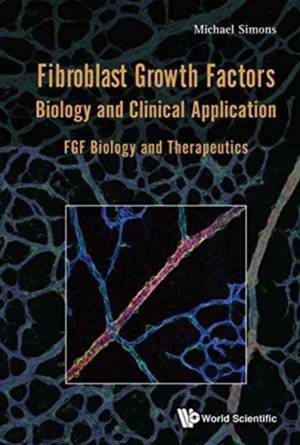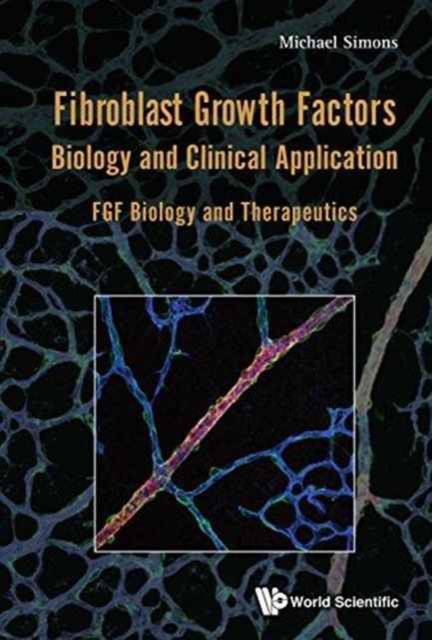
- Afhalen na 1 uur in een winkel met voorraad
- Gratis thuislevering in België vanaf € 30
- Ruim aanbod met 7 miljoen producten
- Afhalen na 1 uur in een winkel met voorraad
- Gratis thuislevering in België vanaf € 30
- Ruim aanbod met 7 miljoen producten
Omschrijving
The fibroblast growth factor (FGF) family of ligands and the corresponding family of FGF receptor tyrosine kinases comprise one of the most versatile and diverse growth factor signaling families in vertebrates, found virtually in every tissue and cell type where they regulate metabolic and physiologic function, maintain tissue homeostasis, and mediate injury response, tissue repair, and regeneration. As a result, FGFs play critical roles in a wide variety of normal biological and abnormalities in FGF signaling can lead to a variety of disease states from developmental malformations, to atherosclerosis, pulmonary hypertension and cancer among many others. A thorough understanding of this system is necessary for critical insights into both normal and disease biology and is essential to development of rationale therapeutic strategies aimed at treatment of FGF-dependent diseases states.
Recent years have seen advances in our understanding of FGFs role in endothelial and, more general, vascular biology, the subject of this book. In particular, FGFs have been implicated in the maintenance of vascular homeostasis and control of blood vessel permeability while aberrant FGF signaling has been shown to be central to the development of pulmonary hypertension, and endothelial-to-mesenchymal transition, a process implicated in the development of atherosclerosis. Finally, FGFs ability to stimulate blood vessel growth has been explored in therapeutic angiogenesis approaches.
With this in mind, the present monograph is structured to provide comprehensive information to a reader interested in FGFs in general and vascular biology in particular. To this end, we explore everything from the structure and signaling of FGFs and their receptors (Chapters 1, 2 and 3) to their role in the regulation of vascular homeostasis (Chapter 4) and cardiovascular diseases (Chapters 5 and 6). We then address new developments in FGF therapeutics (chapter 7) and explore FGF biology in the epithelium (Chapter 8) thereby providing a complete analysis of this growth factor family biology in two closely related but distinctly different environments -- endothelium and epithelium. Finally, we examine FGF biology in eye disease and in cancer.
It is our hope that this comprehensive treatment of FGF vascular biology and its application will provide the reader with the accurate and timely summary of this rapidly moving field.
Specificaties
Betrokkenen
- Auteur(s):
- Uitgeverij:
Inhoud
- Aantal bladzijden:
- 284
- Taal:
- Engels
Eigenschappen
- Productcode (EAN):
- 9789813143364
- Verschijningsdatum:
- 7/01/2017
- Uitvoering:
- Hardcover
- Formaat:
- Genaaid
- Afmetingen:
- 152 mm x 229 mm
- Gewicht:
- 548 g

Alleen bij Standaard Boekhandel
Beoordelingen
We publiceren alleen reviews die voldoen aan de voorwaarden voor reviews. Bekijk onze voorwaarden voor reviews.







